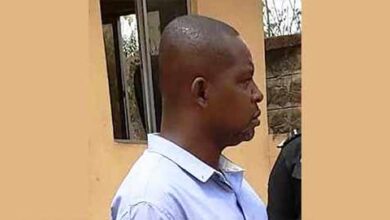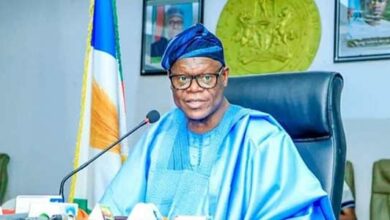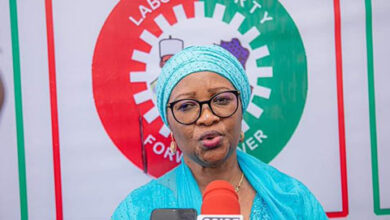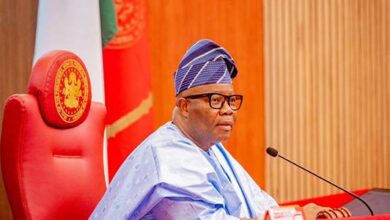“Yahaya Bello’s Name Not On Any Transfer Documents,” Witness Tells Court In Money Laundering Trial
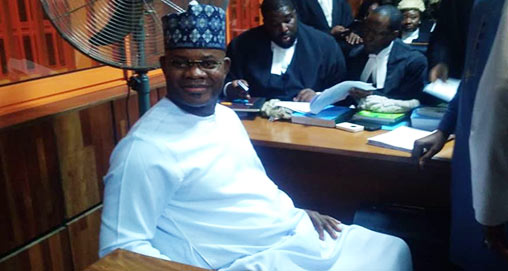
*As Court Rejects EFCC’s Objection to Admissibility of FCT Judgment
The third prosecution witness in the money laundering case filed by the Economic and Financial Crimes Commission (EFCC) against the immediate past Governor of Kogi State, Yahaya Bello, admitted before the Federal High Court in Abuja on Thursday that no wired transfer was made from the Kogi State Government or any local government in the state to the account of the American International School, Abuja.
During cross-examination by the defendant’s counsel, Joseph Daudu, SAN, the witness, Mr. Nicholas Ojehomon—an internal auditor at the American International School—also confirmed that the name Yahaya Bello did not appear on any transfer documents submitted as evidence.
Earlier in the proceedings, Justice Emeka Nwite rejected the EFCC’s objection to the admissibility of a judgment of the Federal Capital Territory (FCT) High Court in Suit No: FCT/HC/CV/2574/2023 between Mr. Ali Bello and the Incorporated Trustees of the American International School.
At the previous hearing, the judge had reserved ruling on whether the judgment—addressing the issue of school fee payments and refunds—should be admitted into evidence. The judgment was considered crucial to the defense’s case.
Delivering his ruling, Justice Nwite described the EFCC’s objection as “preemptive,” stating that Nigerian courts had moved away from technicalities toward the pursuit of substantial justice.
He recalled that EFCC counsel, Kemi Pinheiro, SAN, had objected to the admissibility of the document during the March 7, 2025 hearing, arguing that since the trial was criminal in nature, the defense could not tender documents before the prosecution closed its case. He urged the court to reject the document.
However, defense counsel Joseph Daudu, SAN, argued that admissibility should be guided by the principle of relevance.
In his ruling, Justice Nwite emphasized that the tendering of documents is governed by law, requiring consideration of whether facts were pleaded, the relevance of the documents, and their admissibility under the law.
“Admissibility of documents is strictly guided by law as far as they satisfy the provisions of Sections 102 and 104 of the Evidence Act,” he said.
“The question is: at what point can the defendant tender documents?”
He ruled in favor of the defense, noting the court’s obligation to pursue substantial justice over procedural formalities.
“Consequently, the argument that the defense cannot present the document is hereby discountenanced,” he stated.
“The objection of the learned counsel to the prosecution is hereby overruled. The document sought to be tendered is hereby marked as Exhibit 19,” the judge ruled.
While being cross-examined, the EFCC’s third prosecution witness, Ojehomon, confirmed he had worked at the American International School for eight years as an internal auditor.
When handed Exhibit 19 (the FCT court judgment) and asked to read excerpts, prosecution counsel Olukayode Enitan, SAN, objected, arguing that interpretation of a court judgment was not within the witness’s competence as a non-legal expert.
Daudu, SAN, countered, stating, “I am not asking for the witness’ opinion. I am speaking to the document, just as they did.”
The EFCC counsel maintained that judgments were not like other documents previously admitted. Daudu insisted, “It has been tendered and admitted by the court. I should be allowed to conduct my case because it may be devastating to my case if I am not allowed.”
The court agreed, and the witness was directed to read from the judgment.
He read out a portion of the judgment which stated that there was no court order directing the school to refund the money to the EFCC, nor any ruling that declared the funds to be proceeds of money laundering. The judgment also affirmed that the school ought not to have refunded the money without a court order.
